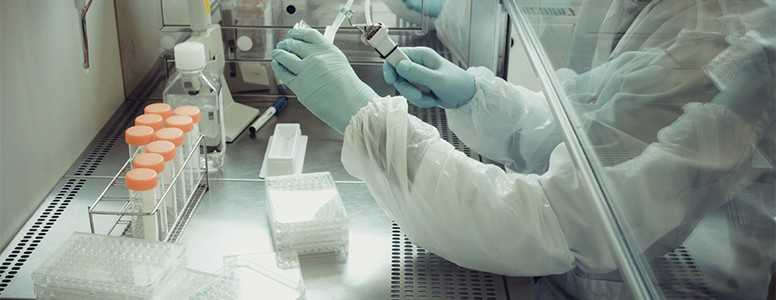Irish researchers have received €1.6 million (£1,4m) to investigate new and more effective methods of islet cell transplantation for people with type 1 diabetes.
As part of the EU-funded Horizon 2020 European research, the National University of Ireland Galway (NUI Galway) will now explore transplantation further as part of the DELIVER programme.
Islet cell transplantation involves transplanting insulin-producing cells into people with type 1 diabetes. In recent years, developments such as encapsulation have improved the safety and effectiveness of the treatment, and some people can achieve insulin independence for up to years following transplantation.
Part of the funding will go towards training six scientists in the field of transplantation. The ‘early stage’ researchers will spend their time split between working with academic and industry partners, ensuring a focus on clinical translation of outcomes.
The programme will pull in expertise from cell biologists, experts in biomaterials, medical devices and advanced drug delivery, clinical experts and biomedical companies.
“We are delighted to lead the DELIVER programme and to continue to translate new collaborative research for the benefit of patients with type 1 diabetes. We are also excited to train the next generation of researchers in this area, and to give them the industrial skills necessary to have real patient impact,” said Professor Garry Duffy, who will lead the research and is from the university’s College of Medicine, Nursing and Health Sciences.
“Regenerative medicine and stem cell therapies have the potential to revolutionise the treatment of patients who have type 1 diabetes, and through DELIVER we will develop new technologies to enhance stem cell therapies for these patients by improving the longevity of the implants.”
Horizon 2020 is the largest ever funding programme for research and innovation across Europen, with a budget of 79 billion euros and an aim to ensure that Europe produces world-class science by 2020.






